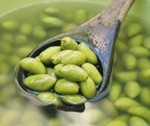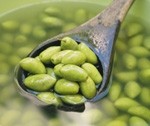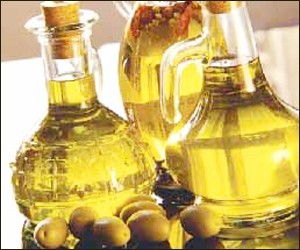Industry body says olive oil imports are ‘not really’ olive oil

According to the AOA, it recently analysed 30 olive oils to test purity based on a new Australian standard which came into effect in July last year – where it found that most of the extra virgin oils were made up of sunflower or canola oils.
The study found that of the 30 brands tested to the new standard, 22 were of the extra virgin varieties. Out of the seven imported brands amongst these, all seven failed to comply due to rancidity or mildew or incorrect labelling.
Without naming them directly, the AOA said that most of these imported brands were being sold as cheaper options to Australian-grown olive oil products by Coles and Woolworths, the two supermarkets.
The association said that these imported brands undercut Australian brands on price, but the fact that they are not pure olive oil products means that the consumer is being mislead with incorrect labelling.
This is not the first such study on olive oils sold in Australia that has indicated incorrect labelling. A study in 2010 by consumer watchdog CHOICE also revealed that half of the 28 brands of extra virgin olive oil sold in Australian supermarkets did not meet widely accepted international standards.
It’s the standard, stupid
On deeper inspection, it seemed that the problem lies with the standard, which is not mandatory but voluntary, rather than the products or the companies.
Amongst other requirements, the new voluntary standard adopted by local olive oil producers in 2011 says that extra virgin olive oil must be free of smell and taste defects, with a free fatty acid level of less than 0.8%.
But despite many lobbying efforts, the standard was not made mandatory because Food Standards Australia and New Zealand (FSANZ) pulled out of the process due to trade barriers and concerns in New Zealand.
The first objection came from the International Olive council, which called the standard discriminatory, not in line with international standards, a “barrier to international trade,” and an opportunity to make “the adulteration of oil easier.”
The second and stronger objection came from the New Zealand Food and Grocery Council (NZFGC), whose CEO Katherine Rich said that if New Zealand adopted the new standards, 95% of all olive oil sold in New Zealand, “will struggle to meet the new rules as drafted.”
As it stands, with the standards voluntary rather than mandatory, the supermarkets are not in any obligation to meet standards set by the association.















